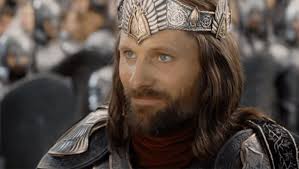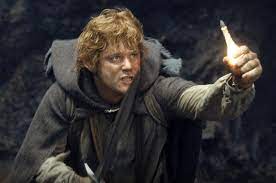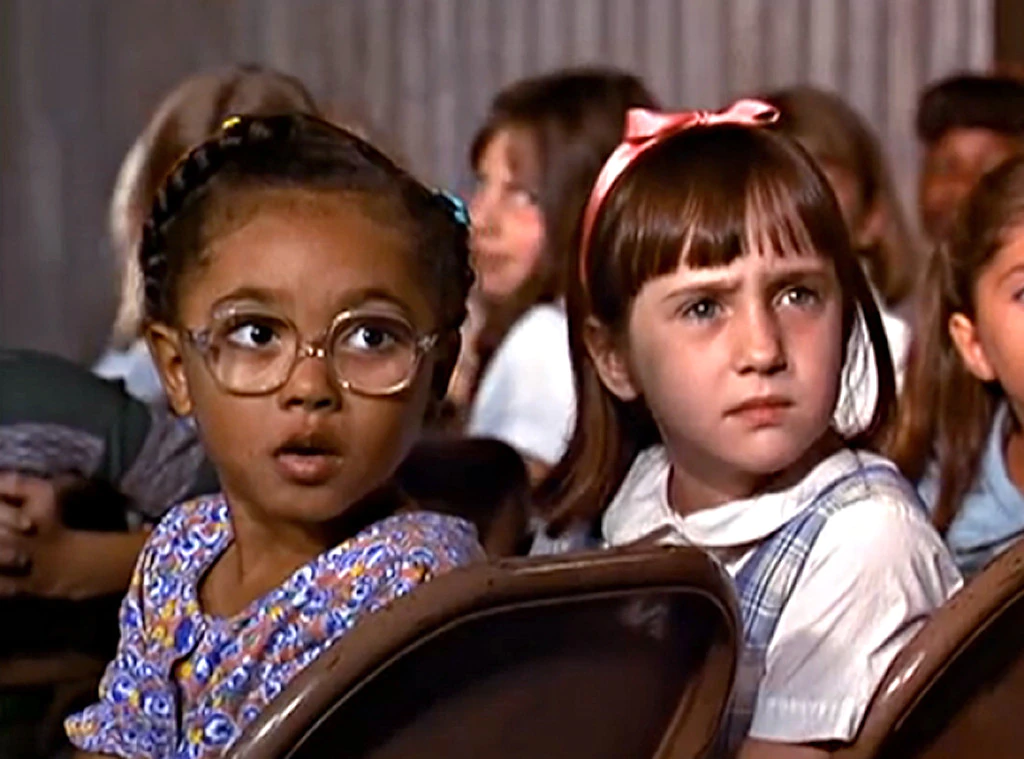Why 'film therapy'?
- Alexandra Crawford
- Apr 22, 2023
- 4 min read
Updated: Jul 22, 2023
How would you feel if your therapist prescribed a ‘Lord of the Rings’ marathon, instead of daily meditation or gratitude journaling? Personally, I’d love it, and my new business project centres around this question.

During my psychology training, we had to practice assessments by testing ourselves and each other. The tests ranged from personality inventories, and anxiety and mood rating scales, to IQ tests and diagnostic screeners. Very quickly, I learnt far too much about myself, and for a while I thought I had almost every DSM-5 disorder (apparently a rite of passage for any trainee psychologist)!
One of the more memorable questionnaires I completed was the VIA Character Strengths survey – you might have done it yourself; it’s commonly used in the corporate world and freely available online. Upon reading your results, you are expected to go forth and prosper by better harnessing these strengths to achieve greater success and fulfilment. I have done this test many times, and my top strength is always “appreciation of beauty and excellence”.
This result was not shocking to me - I can’t watch a great film, hear beautiful music or see nature documentaries, without being reduced to tears. This happens so often, in fact, that I have become very skilled at not shifting my facial muscles at all while tears roll down my cheeks when experiencing any of these things when around others (I always thought it was a weird reaction, so I didn’t want anyone to notice!).
An offshoot of having this trait is that, when I really enjoy a film, show, book or piece of music, I develop an intense emotional connection to it similar to that of a close friendship, a student and a favourite teacher, or a child and their favourite pet.
For instance, as a young child, for a good 12 months I forced everyone around me, including my teachers, to call me ‘Alice’, because I so badly wanted to be Lewis Carroll's Alice in Wonderland... And when I was older, one summer during high school I watched The Fellowship of the Ring 21 times, and read JRR Tolkien's The Lord of the Rings trilogy twice!
My favourite Lord of the Rings characters (from left to right): Aragorn, Eowyn & Samwise Gamgee (The Return of the King - New Line Cinema, 2003)
Recently, I've become more curious about why I am like this, rather than in denial (like I have been for most of my adult life!). This has led to more conversations about these types of experiences with friends and family, which led me to realise that developing strong emotional relationships with stories is not only common for people with my INFJ personality type, but it is actually a very common human experience in general.
Unfortunately, learning that “appreciation of beauty and excellence” was my greatest character strength – and that I am abnormally good at it – did not have the positive effect I assume the survey creators had hoped for. I still remember thinking:
“So, I’m basically just really good at being an audience member – how disappointing…”
“I should be the producer, the performer or the artist, otherwise I’m worthless. ‘Creativity’ only sits at number six on my list – so what’s the point devoting time to it?”
“I can’t use appreciation for anything more than what I do already”.
Despite my apparent lack of creative genius, my drive to create never went away, and during a lengthy COVID lockdown in 2021 I began a creative writing course spanning several months. An important skill I learned was “writing from the body” - the art of getting over yourself and letting words come out from an emotional, intuitive place, rather than an intellectual one. Write what you really feel and are interested in, not what you think you should write.
During the course, we were encouraged to journal about our values and interests - for me, these were environmentalism, culture and psychology - so we could use them in our writing. I tried to weave them into a dystopian novel of epic proportions with some fairly deep themes such as climate change, human nature and family. I greatly admire fiction writers – I don’t think I would be such an open and inclusive person without my childhood obsessions with stories such as Alice in Wonderland and Victor Fleming’s film The Wizard of Oz, I wouldn’t be so willing to stand up for my values as a female if not for my love of Roald Dahl’s Matilda, and I wouldn’t care so much about peace, politics and teamwork without my teenage obsession with The Lord of the Rings. My identity as an adult has been shaped by the stories I read and watched a lot when I was growing up, and I wanted to make a similar contribution to others' lives through my own writing.
But while I was wrangling my mind to focus on writing this great novel, I really just wanted to write reflections on the incredible works of art that I was reading and watching as part of my course. I wanted to talk to my clients about what they were reading or watching, and if there was anything that they felt a similarly strong connection to. I thought talking about these things might even make their experience of therapy more interesting and enjoyable.
Images courtesy of Matilda (Tristar Pictures, 1996), The Wizard of Oz (Metro-Goldwyn-Mayer, 1939) & Alice in Wonderland (1951, Walt Disney Productions)
So, instead of forcing my brain to continue writing this novel, I decided to suspend judgement, and let myself follow this other train of thought. In doing so, I recognised something that my childhood self knew very instinctively – these stories and artistic works can have a profound impact on a person’s identity, so maybe I could use them more deliberately in my work as a therapist?
My hope is that others might share in the therapeutic benefits of the films, shows and books that they love, and learn how to engage with the media they consume in a way that can benefit their mental health and relationships. From my experience, I know that the stories we connect with and produce can be as powerful as therapy, if not more. So why not bring them into the therapy room?










Commentaires